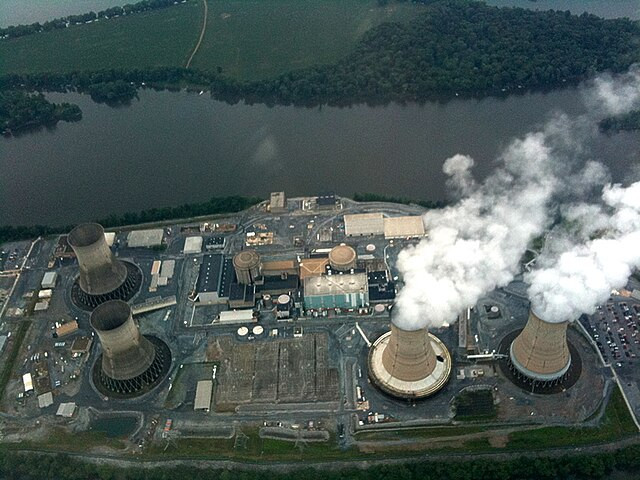In a landmark move signaling both the resurgence of nuclear power and the energy demands of tech companies, Constellation Energy announced plans to restart the dormant Three Mile Island Unit 1 reactor in Pennsylvania. This initiative, aimed at powering Microsoft's growing artificial intelligence (AI) operations, is part of a 20-year energy deal between the two companies. The project reflects the increasing reliance of the tech industry on clean, reliable energy sources to meet the power needs of expanding data centers.
The announcement was made by Constellation Energy on Friday, with the company explaining that the reactor, which was shut down in 2019 for economic reasons, will be rebranded as the Crane Clean Energy Center. The facility, named after former Exelon CEO Chris Crane, is expected to be fully operational by 2028, pending regulatory approvals from the U.S. Nuclear Regulatory Commission (NRC).
The revival of Three Mile Island Unit 1 comes after years of uncertainty surrounding the future of nuclear energy in the U.S., where aging infrastructure and competition from cheaper natural gas and renewable energy sources led to several plant closures. However, with mounting concerns about the environmental impact of fossil fuels and the growing demand for carbon-free electricity, nuclear power is once again gaining traction.
"This agreement is a major milestone in Microsoft's efforts to help decarbonize the grid in support of our commitment to become carbon negative," said Bobby Hollis, Vice President of Energy at Microsoft. "Nuclear power offers the reliability and sustainability that our data centers need as they continue to scale up in the coming years."
Microsoft, like many tech giants, is grappling with surging electricity demands driven by the rapid expansion of AI, cloud computing, and data storage. Data centers, which already consume around 3% of U.S. electricity, are expected to account for 8% of total demand by 2030, according to estimates from Goldman Sachs. This makes securing long-term, sustainable energy sources critical for companies aiming to achieve net-zero carbon goals.
The Three Mile Island plant, located near Middletown, Pennsylvania, is infamous for the 1979 partial meltdown of its Unit 2 reactor, the worst nuclear accident in U.S. commercial history. Although the incident caused significant public concern, no significant health impacts were recorded. Unit 1, however, continued to operate safely for decades until its closure in 2019.
The decision to restart Unit 1 is not only a testament to the improved economics of nuclear energy but also a reflection of the growing recognition of its role in decarbonizing the energy grid. Constellation President and CEO Joe Dominguez underscored the importance of this move for the future of clean energy: "Powering industries critical to our nation's global economic and technological competitiveness requires an abundance of carbon-free energy. Nuclear plants are the only sources that can consistently deliver on that promise."
In addition to powering Microsoft's data centers, the Crane Clean Energy Center will add more than 800 megawatts of carbon-free electricity to the grid and is projected to bolster Pennsylvania's economy. A study commissioned by the Pennsylvania Building & Construction Trades Council estimates that the plant's restart will create 3,400 jobs and contribute approximately $16 billion to the state's GDP over the next several decades.
For Constellation Energy, the deal with Microsoft represents a major step toward the revitalization of nuclear energy in the U.S. The company has committed $1.6 billion to the project, which includes investments in the plant's turbines, generators, and cooling systems, among other infrastructure upgrades. According to Dan Eggers, Constellation's Chief Financial Officer, the company is confident that it will secure regulatory approval from the NRC by 2027, with the possibility of an earlier restart if grid operator PJM Interconnection speeds up its review of the plant's impact on regional energy supplies.






